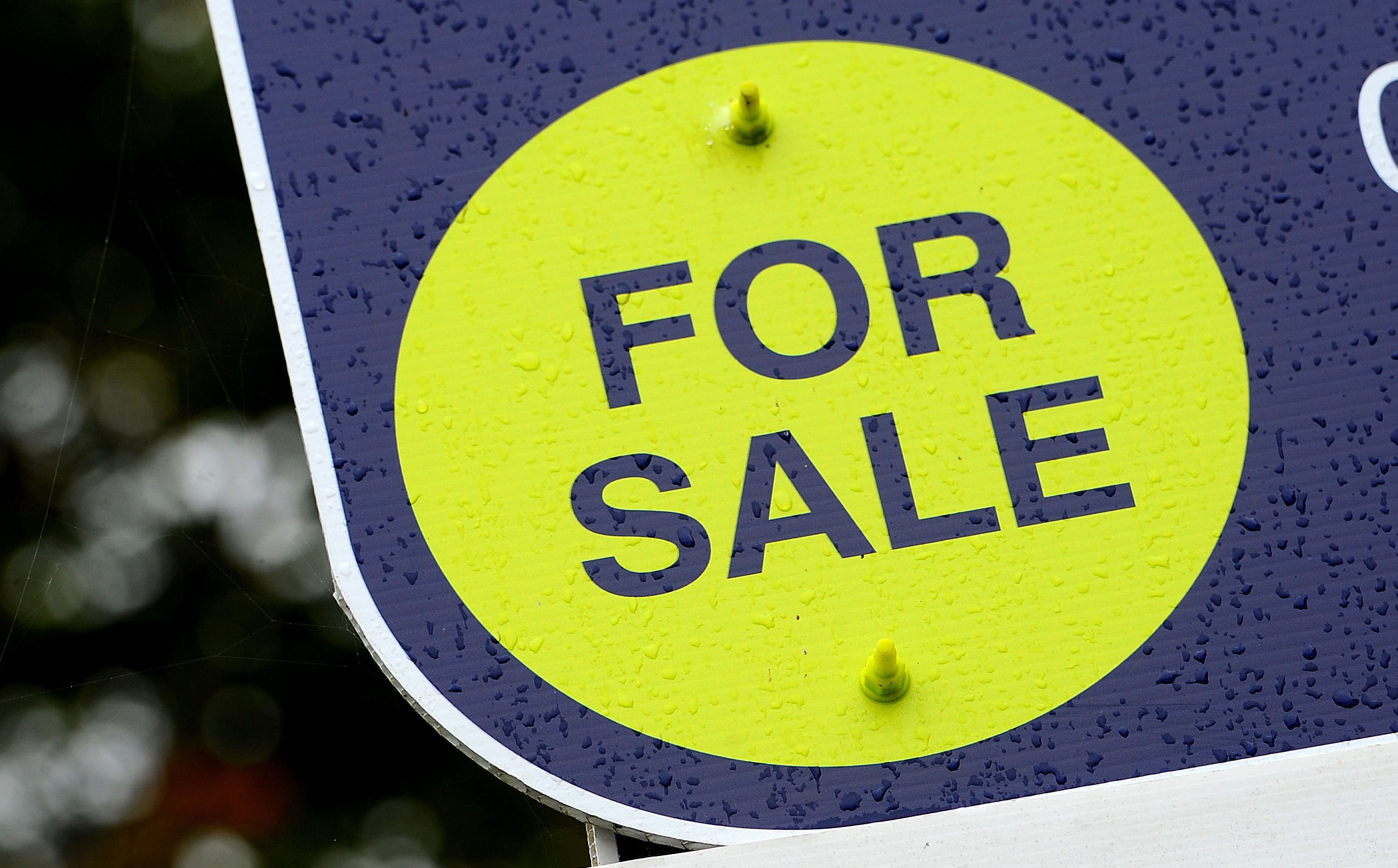
TWO thirds of young people expecting support from the “bank of mum and dad” to get on the property ladder feel guilty about relying on their family, a report has found.
Some 66% of 18-to-40-year-olds expecting financial help from family members to buy their first home feel this sense of guilt, according to the findings from Yorkshire Building Society.
More than half (59%) of would-be home owners expect to receive financial help from parents or other family members in order to buy a property, the research found.
Around a third (31%) expect to receive financial help with their deposit.
The study among nearly 980 aspiring first-time buyers was carried out for the Society by the National Centre for Social Research.
Those aged over 25 were more likely to be expecting to rely on bigger sums of cash typically than those aged under 25.
Some 14% of adults aged 25 to 40 expecting help from family anticipate the value of the support they receive will be more than £40,000 – compared with just 5% of 18-to-24-year-olds.
Earlier this week, the Government pledged to expand the Help to Buy: Equity Loan scheme, which gives people a helping hand to buy a new-build property.
Simon Broadley, senior manager at Yorkshire Building Society, said: “In what is a tough environment for young aspiring home owners, the ‘bank of mum and dad’ continues to support young peoples’ dream of buying their first home.
“But while it’s clear that parents are willing, where they can, to help their children get on to the property ladder, the burden of how it could negatively impact their family’s finances is leading many young adults to feel guilty about accepting help.”
Despite the challenges facing would-be home owners, the findings suggest many young adults believe they will eventually manage to get on the property ladder, with nearly two thirds (65%) believing it is likely or very likely that they will become home owners.
More than half (56%) are currently saving money to buy their first property and more than four in five (83%) believe home ownership will be a good financial investment.

Enjoy the convenience of having The Sunday Post delivered as a digital ePaper straight to your smartphone, tablet or computer.
Subscribe for only £5.49 a month and enjoy all the benefits of the printed paper as a digital replica.
Subscribe